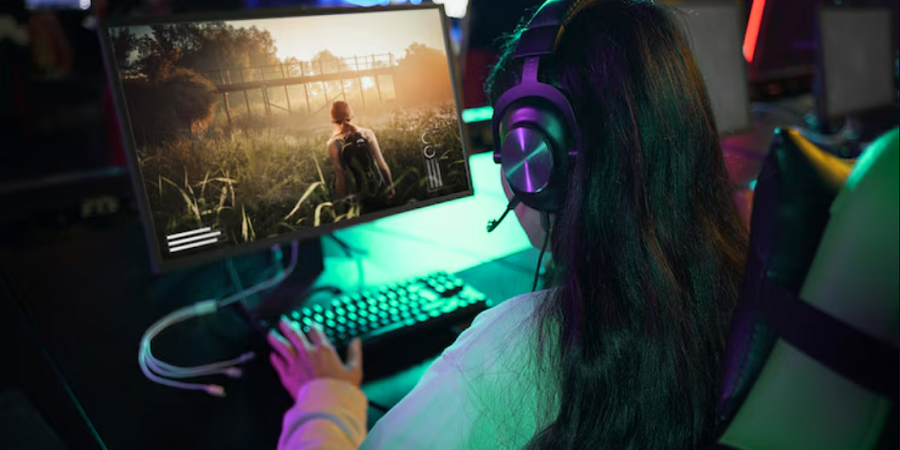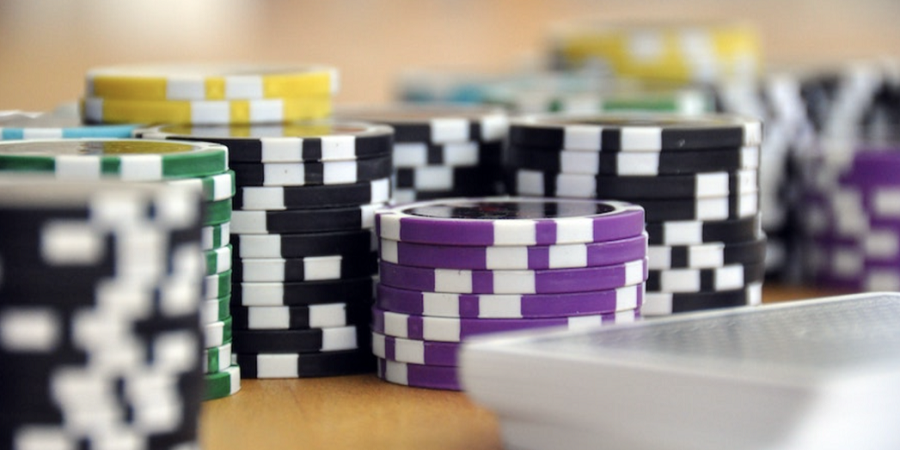Many people love competition and sports, especially a sport that showcases people who succeed against the odds, providing heart-stopping excitement.
Football pools like Littlewoods and Vernons began in the 1920s. Soon, hundreds of thousands of enthusiasts were trying to predict the results. The country ground to a halt at five every Saturday to hear the scores, hoping to get rich.
The range of options is not just win, lose or draw. You can bet while the match is still on, on the first and last goalscorer, who will get the next goal, the half-time score or the next corner. Some markets are time specific – offering odds on whether there might be a corner goal or penalty in the first 10 minutes of the match, for example.
The global gaming industry related to football, in particular, is worth billions. More than £3.2bn in winnings has been paid to 61m people over the years and more than 500,000 people still play the pools each week. These past few decades, low-tech football pools are being replaced by the use of smartphones.
Although gaming can cause quite a bit of excitement you must still approach it responsibly. Think of it as entertainment, not simply as a way to make money. Remain in control of how much time you are spending. Don’t play with money you have set aside for something else and try to keep to an upper limit before you start to play. Also set a time limit in advance but take a break from time to time. Remember this supposed to be fun and don’t ever play while under the influence of drugs or alcohol. Try to balance gaming with other activities. If you find yourself on a losing streak, don’t panic! And never chase your losses. That can lead to a downward spiral that is hard to escape. Some bloggers recommend that gamers stick to football, horses or dogs rather than other controversial games that can lead the gamer into bad habits.
The weight of this responsibility is not only on the gamer. The broader community has a shared responsibility. Governments, sporting associations and providers have overall responsibility for generating awareness of the risks associated with the activity. These entities must create and promote environments that prevent or minimise any problem. They have to be responsive to concerns in the community about the sector.
There are many people attracted by the industry. New research shows almost half of people in Britain play. “Effective protections” according to the Commission with responsibility, “come from strong evidence”. Their research allows them to better understand the needs of consumers. 48% of respondents have played in February of this year and use of data ready devices mobile is 43%, up by 10% since 2015.
Interestingly, only 0.7% of those that have played in the past 12 months, identified as problem gamers (compared to 0.5% in 2015), with 5.5% of them identified as at-risk gamers. You can be a responsible gamer and still have fun.










